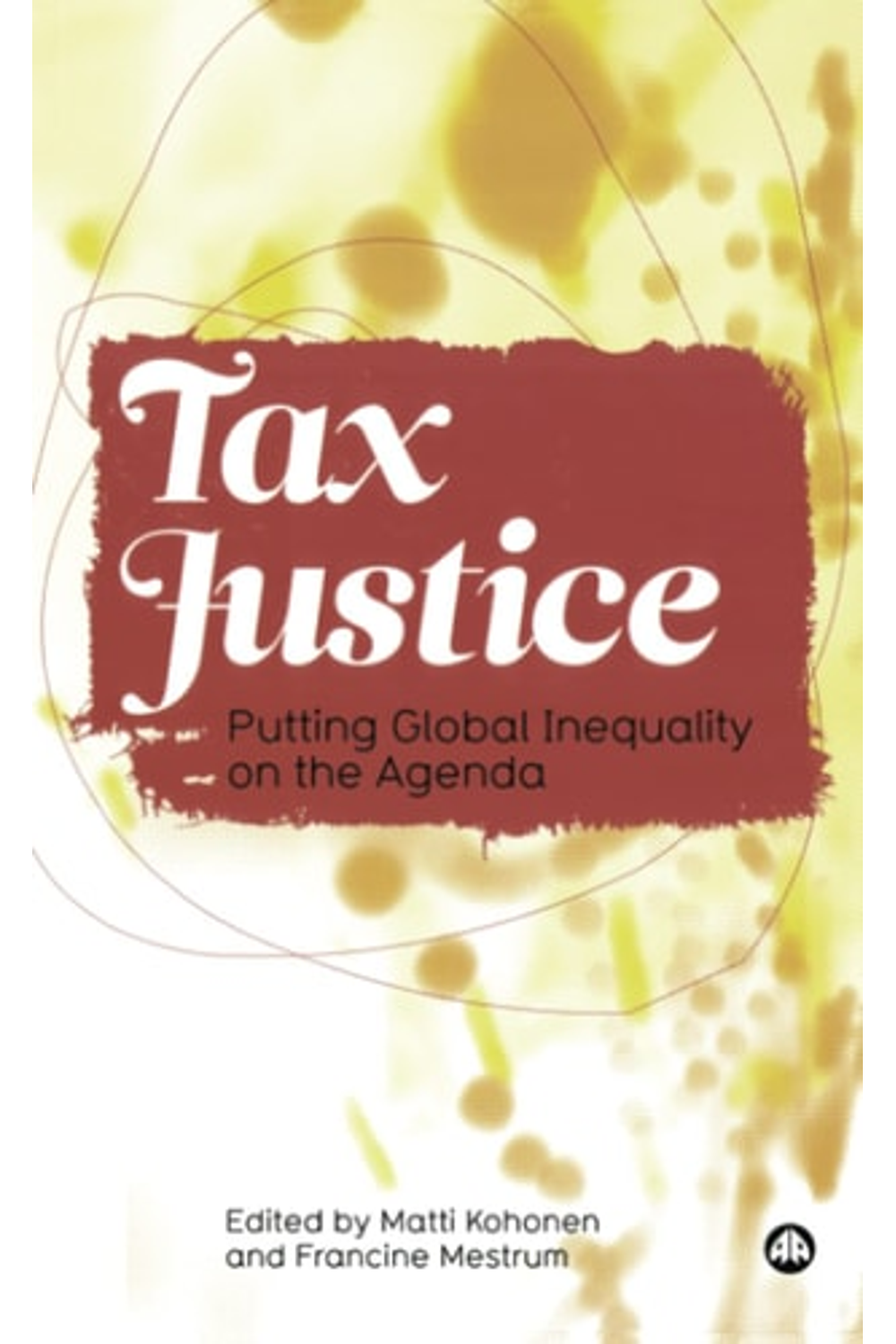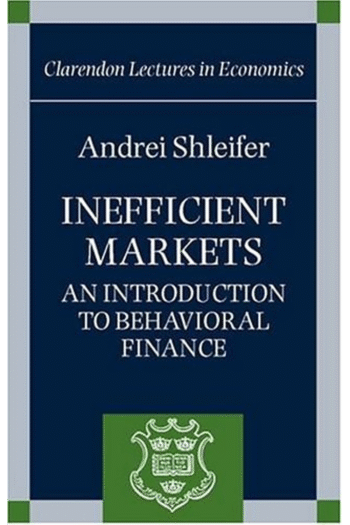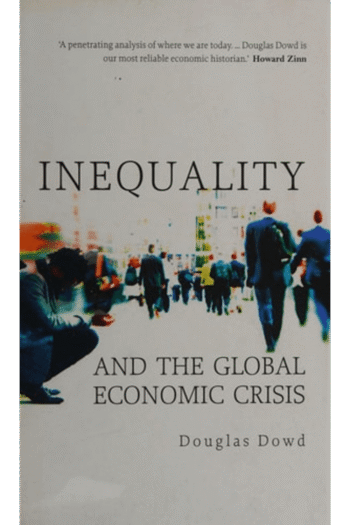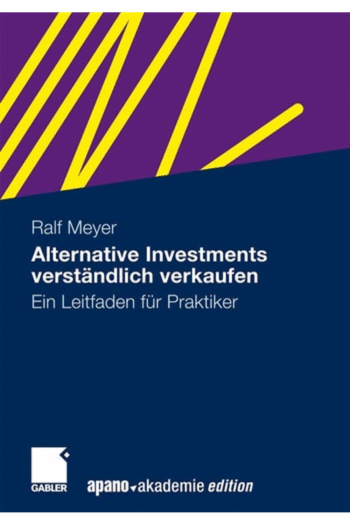Tax Justice: Putting Global Inequality on the Agenda” exposes the hidden mechanisms driving global wealth disparities and their devastating impact on social welfare. More than just identifying the problem, this book, published by Pluto Press, dissects the strategies used to evade taxes and divert resources from developing nations. Explore alternative paths toward international tax cooperation and discover how to reclaim lost wealth for the communities that need it most. Ideal for activists, policymakers, and anyone committed to building a fairer global economy. This illustrated edition breaks down complex financial concepts, making it accessible to a wide audience. With concrete examples and insightful analysis, it provides a roadmap for understanding and challenging the systemic inequalities perpetuated by the current tax system.
Tax Justice: Putting Global Inequality on the Agenda
19,81 $
In stock
Tax justice is a massive issue worldwide. Never before has there been so much wealth, and yet even the world’s richest countries seem to lack public finances to fund the most basic needs of their citizens. It is a great paradox of our time. This book argues that global wealth inequalities need to be addressed in order to achieve lasting social, economic development in all countries. There will simply never be enough finances to provide welfare for all if the rich continue to evade taxes, and large companies shift profits out of poor countries. The authors show how we can develop new forms of international solidarity to tackle this — and keep wealth within countries that need it. They detail how money is wasted and lost, and how the global finance system ends up taking money away from the areas that need it most.
| Binding | |
|---|---|
| Condition | |
| ISBN-10 | 074532861X |
| ISBN-13 | 9780745328614 |
| Language | |
| Pages | 256 |
| Publisher | |
| Year published | |
| Weight | 312 |
| Edition | Illustrated |
Related products
- Additional information
- Currencies
- USD – United States dollar
- EUR – Euro
- GBP – Pound sterling
- CNY – Chinese yuan
- BRL – Brazilian real
- MXN – Mexican peso
- JPY – Japanese yen
- PHP – Philippine peso
- THB – Thai baht
- PLN – Polish złoty
- CAD – Canadian dollar
- MYR – Malaysian ringgit
- AUD – Australian dollar
- TWD – New Taiwan dollar
- CZK – Czech koruna
- SEK – Swedish krona
- HUF – Hungarian forint
- ILS – Israeli new shekel
- CHF – Swiss franc
- HKD – Hong Kong dollar
- DKK – Danish krone
- SGD – Singapore dollar
- NOK – Norwegian krone
- NZD – New Zealand dollar





